Blog
Employment Law Metaverse: Virtual Workplace Challenges
August 6, 2025 Leslie Smith
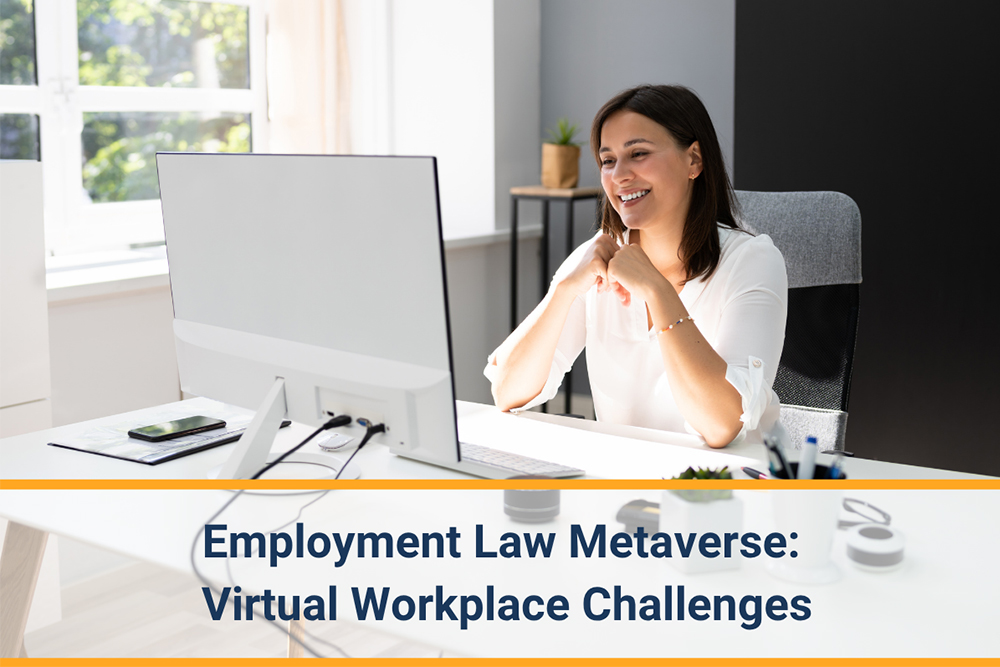
As an employment lawyer practicing in Ontario, I'm witnessing the emergence of unprecedented legal challenges as workplaces expand into virtual reality environments.
Employment law must now address issues that seemed like science fiction just years ago. The metaverse is creating new frontiers in workplace regulation, requiring immediate attention from legal professionals and employers alike.
How Employment Law Adapts to Virtual Workspaces
Traditional employment law principles extend into virtual environments, but their application becomes significantly more complex. Canadian employment standards legislation, human rights codes, and occupational health and safety regulations all apply to metaverse workplaces. However, enforcement mechanisms and practical implementation present unique challenges.
Virtual workplaces blur geographical boundaries, potentially subjecting employers to multiple jurisdictions simultaneously. For instance, a Toronto-based company employing workers in virtual reality environments may face employment law obligations across different provinces or even countries, depending on where employees physically work.
Virtual Harassment: New Employment Law Territory
Virtual harassment represents one of the most pressing employment law challenges in metaverse workplaces. Traditional harassment definitions must expand to encompass avatar-based interactions, virtual space violations, and digital intimidation tactics.
Consider scenarios where employees experience unwanted virtual touching, avatar stalking, or immersive verbal abuse. These behaviours can cause real psychological harm despite occurring in virtual environments. Employment law must evolve to recognize that virtual harassment can be as damaging as physical workplace harassment.
Employers must develop comprehensive policies addressing virtual harassment, including clear reporting mechanisms and investigation procedures adapted for digital environments. Traditional witness testimony becomes complicated when interactions occur through avatars in virtual spaces.
Avatar Discrimination and Employment Law Evolution
Avatar discrimination presents novel employment law challenges that existing human rights legislation wasn't designed to address. Discrimination based on avatar appearance, virtual identity choices, or digital representation preferences may constitute new forms of workplace discrimination.
Employment law must consider whether avatar appearance requirements constitute discriminatory practices. For example, can employers mandate specific avatar appearances that might disadvantage certain groups? What about employees who choose avatars that don't match their physical characteristics?
These questions require careful analysis of existing human rights protections and their application to virtual identity expression. Legal practitioners must prepare for cases involving avatar-based discrimination claims.
Digital Workplace Safety Under Employment Law
Occupational health and safety regulations face significant adaptation challenges in virtual workplaces. Traditional safety concepts like physical injury prevention must expand to include digital wellness, virtual reality sickness, and psychological safety in immersive environments.
Employment law must address new safety concerns including:
- Extended VR exposure effects
- Cybersickness and motion-related disorders
- Digital eye strain and ergonomic issues
- Psychological impacts of immersive virtual environments
Employers operating metaverse workplaces need comprehensive safety protocols addressing these emerging risks. Compliance requires proactive approaches to virtual workplace safety management.
Cross-Reality Employment Law Jurisdictional Challenges
The metaverse creates complex jurisdictional questions for employment law enforcement. When employees work in virtual environments while physically located in different provinces or countries, determining applicable employment law becomes challenging.
Consider a scenario where a British Columbia employee works in a virtual office hosted on servers in Ontario, for a company headquartered in Quebec. Which province's employment law applies? These jurisdictional complexities require careful legal analysis and proactive contract drafting.
Legal practitioners must develop strategies for addressing multi-jurisdictional virtual workplace scenarios. Clear contractual provisions specifying applicable law and jurisdiction become essential for metaverse employers.
Privacy and Surveillance in Virtual Employment Law
Virtual workplaces enable unprecedented employee monitoring capabilities, raising significant privacy concerns under employment law. Employers can potentially track every virtual movement, conversation, and interaction in metaverse environments.
Employment law must balance legitimate business interests with employee privacy rights in virtual settings. Questions arise about:
- Consent requirements for virtual monitoring
- Data collection limitations in immersive environments
- Employee privacy expectations in virtual workspaces
- Storage and use of virtual workplace data
These privacy considerations require careful attention to existing privacy legislation and its application to virtual workplace monitoring.
Preparing for Employment Law's Digital Future
The metaverse represents a fundamental shift in workplace dynamics, requiring proactive employment law adaptation. Employers must begin developing comprehensive virtual workplace policies addressing harassment, discrimination, safety, and privacy concerns.
Legal professionals need to stay informed about technological developments and their employment law implications. Traditional legal frameworks require creative interpretation and application to address virtual workplace challenges.
Furthermore, courts will eventually need to establish precedents for virtual workplace disputes. Early cases will likely shape how employment law develops in response to metaverse workplace challenges.
Moving Forward with Employment Law Compliance
As virtual workplaces become mainstream, proactive legal preparation becomes essential for compliance and risk management. Organizations must invest in understanding how existing employment law applies to virtual environments while preparing for new regulations specifically addressing metaverse workplaces.
At Leslie J. Smith Law, we're monitoring these emerging employment law developments to provide clients with cutting-edge legal guidance. The intersection of technology and workplace regulation requires specialized expertise to navigate successfully.
Contact us at 905-257-7714 to discuss how evolving employment law affects your organization's virtual workplace initiatives. The future of work is here, and employment law must evolve accordingly to protect both employers and employees in virtual environments.
Archive
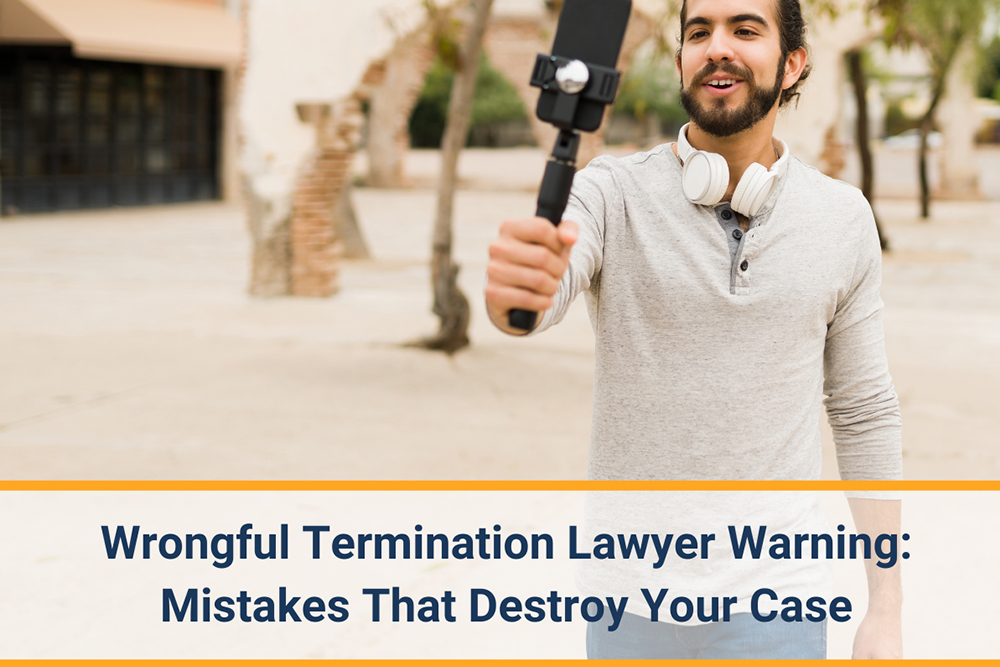
January 22, 2026 | Leslie Smith
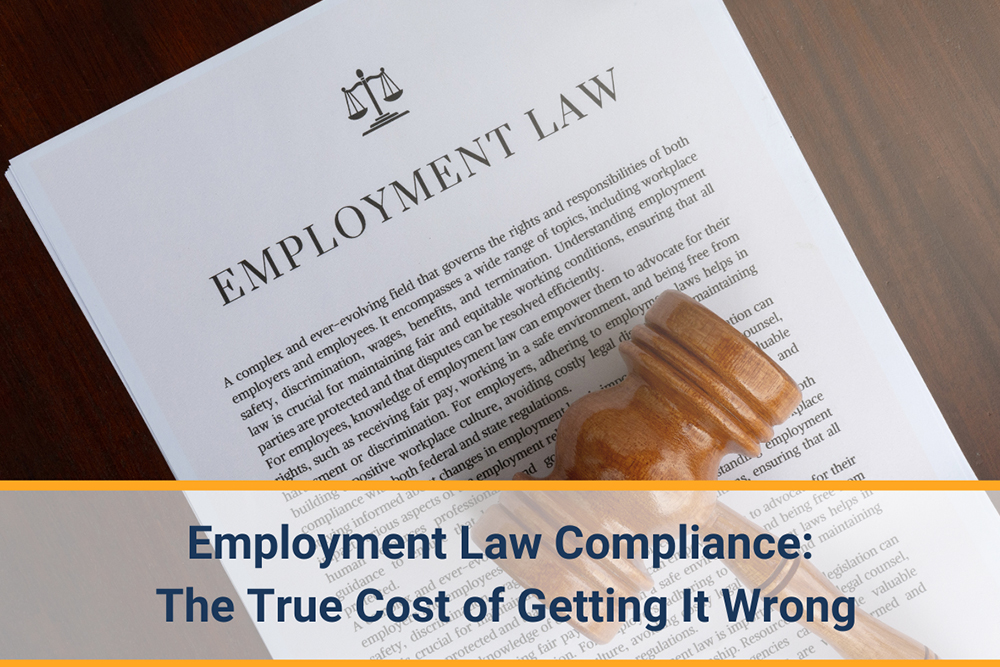
December 5, 2025 | Leslie Smith
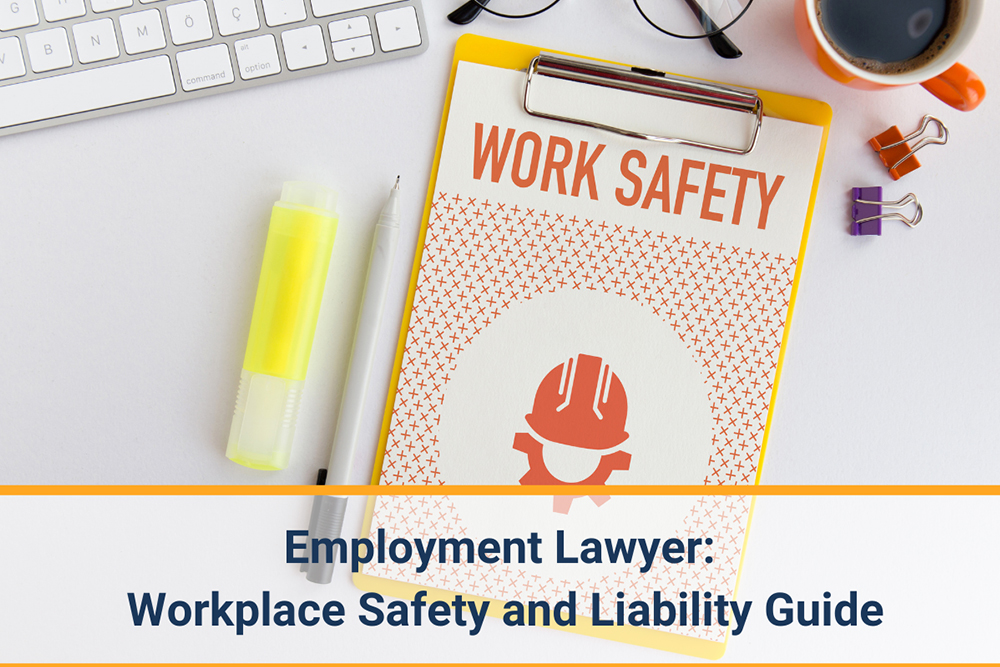
November 20, 2025 | Leslie Smith
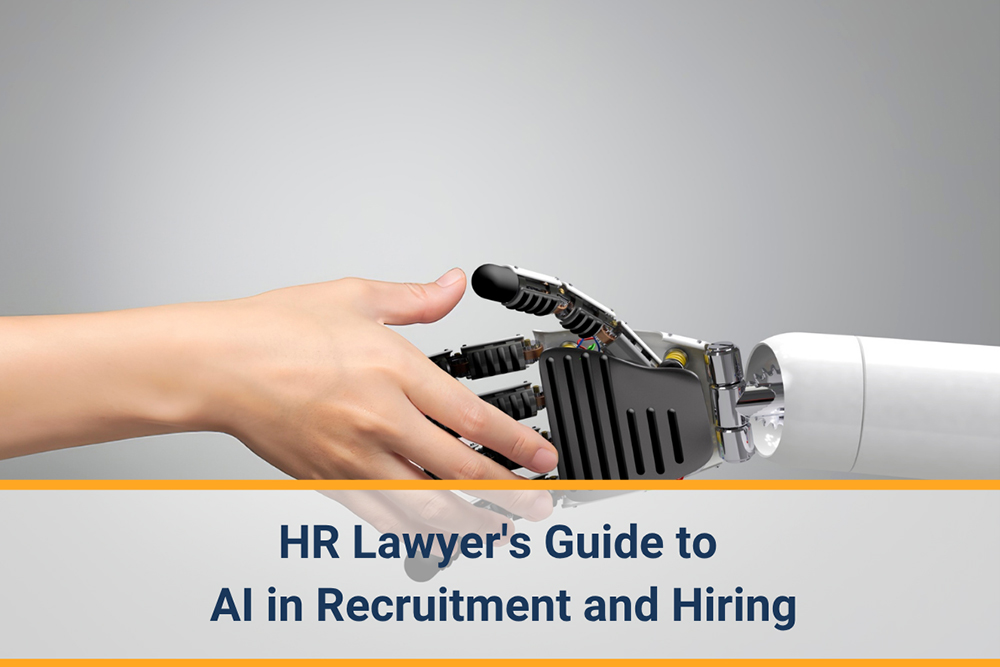
October 19, 2025 | Leslie Smith

September 19, 2025 | Leslie Smith

August 6, 2025 | Leslie Smith
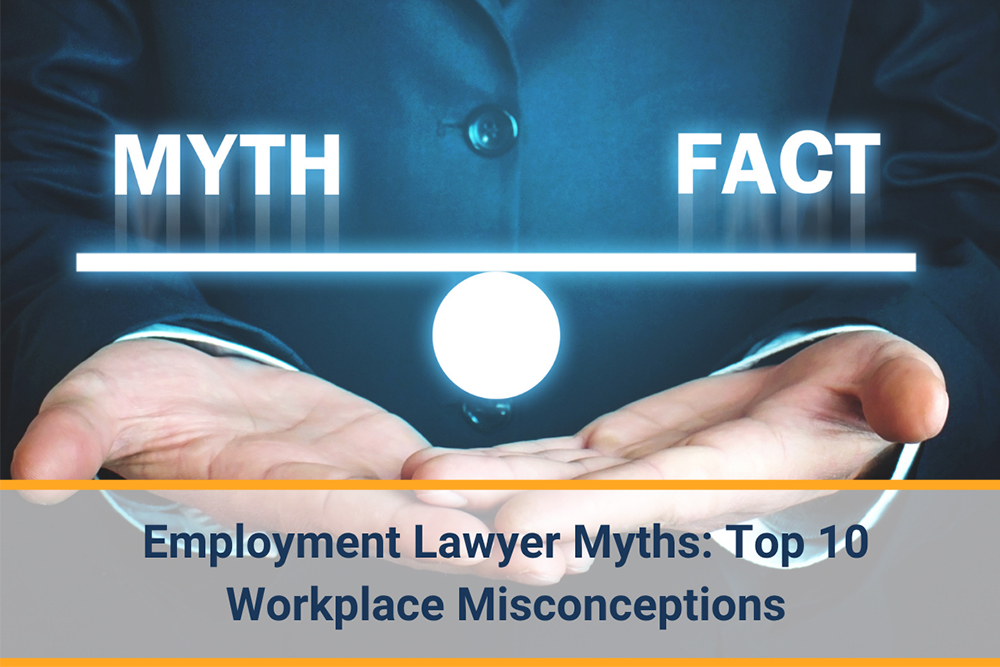
July 17, 2025 | Leslie Smith
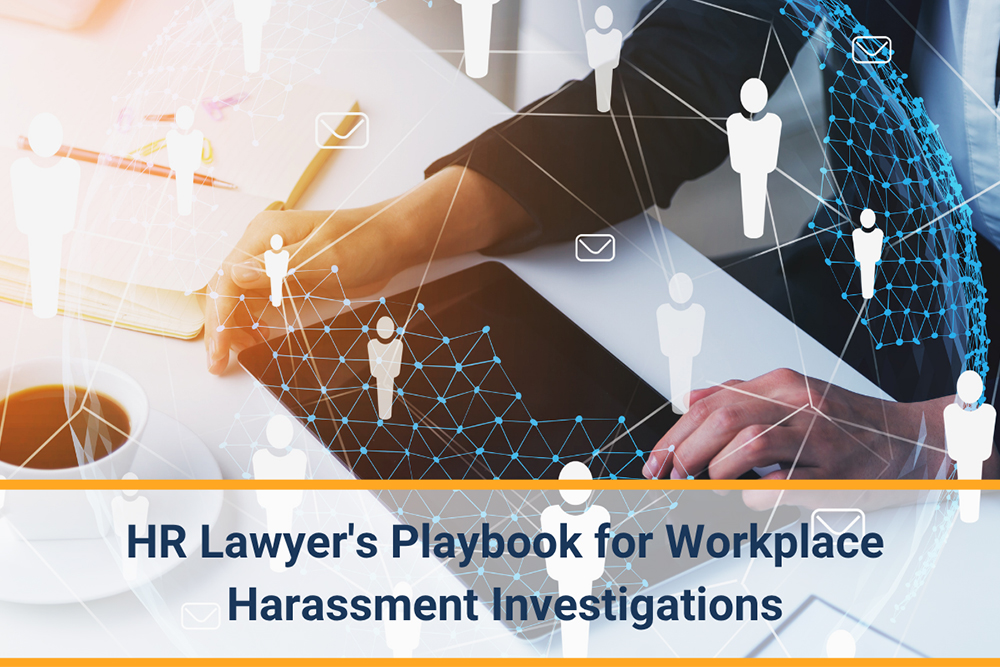
June 12, 2025 | Leslie Smith

May 11, 2025 | Leslie Smith

April 8, 2025 | Leslie Smith

March 8, 2025 | Leslie Smith

February 5, 2025 | Leslie Smith

January 25, 2025 | Leslie Smith

January 11, 2025 | Leslie Smith

December 10, 2024 | Leslie Smith

December 5, 2024 | Leslie Smith

November 9, 2024 | Leslie Smith

October 18, 2024 | Leslie Smith

July 14, 2022 | Leslie Smith

April 22, 2022 | Leslie Smith








